Charles and Camilla fly to Kenya: is 'sorrow' enough for Britain's past?
The King will acknowledge that Kenyans were tortured in 1950s uprisings but will not issue official apology
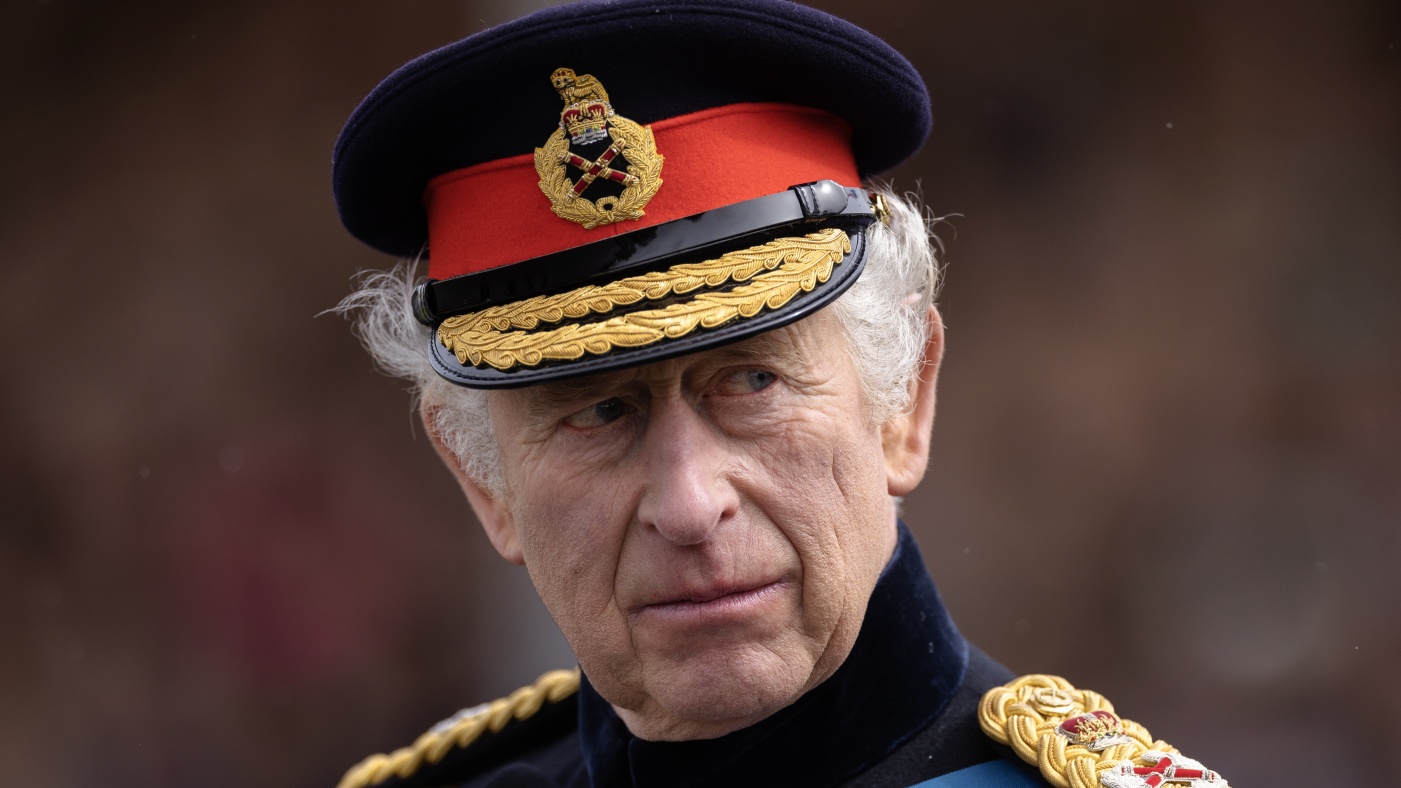
A free daily email with the biggest news stories of the day – and the best features from TheWeek.com
You are now subscribed
Your newsletter sign-up was successful
King Charles will become the first member of the royal family to convey "sorrow" over Britain's handling of the Mau Mau uprising when he visits Kenya this week.
According to his deputy private secretary, Chris Fitzgerald, the King will "acknowledge the more painful aspects of the UK and Kenya's shared history”, including the so-called "Emergency" period from 1952-1960, in which Britain violently suppressed an uprising against colonial rule.
The Mail on Sunday reported that the King "will acknowledge that Kenyans were tortured during the reprisals for the 1950s revolt" but will "stop short of issuing an official apology".
The Week
Escape your echo chamber. Get the facts behind the news, plus analysis from multiple perspectives.

Sign up for The Week's Free Newsletters
From our morning news briefing to a weekly Good News Newsletter, get the best of The Week delivered directly to your inbox.
From our morning news briefing to a weekly Good News Newsletter, get the best of The Week delivered directly to your inbox.
A royal source told the paper that Charles would "be working on his speeches for the state visit up to the last minute and always has sensitivity in mind", adding: "He will be mindful of expressing deep sorrow."
In 2013, the government agreed to pay almost £20 million in compensation to the Kenyan victims of torture during the uprising. The Kenya Human Rights Commission has estimated that 90,000 Kenyans were executed, tortured or maimed during Britain's crackdown after the rebellion.
King should 'cough up' official apology
King Charles should "stop choking on those two words, 'I apologise'," said Caroline Elkins in The Observer, and just "cough them up". An official apology "will probably trigger all sorts of liability issues" for the King and the British government, but the monarchy could use its £20 billion of wealth "to cover this".
And there would be "no better place" for a "first formal apology for colonial crimes" than Kenya, continued Elkins. It was there that Queen Elizabeth II acceded to the throne in February 1952 "and where, just a year later, her picture, in full regalia, hung in the detention camps where thousands of Africans were tortured, often while being forced to sing God Save the Queen."
A free daily email with the biggest news stories of the day – and the best features from TheWeek.com
King will be 'walking a tightrope'
As the King's first state visit to an African nation, and his first to a Commonwealth member, since he ascended the throne last year, the trip will be "closely watched" around the world, said The Associated Press. The King "has already shown a willingness to address difficult issues" such as by "opening the royal archives to researchers studying the monarchy's links to the slave trade", and before succeeding his mother, acknowledging the "appalling atrocity of slavery" during a speech in Barbados.
Yet, the King should avoid turning the trip into a "misery tour", said Richard Eden in the Daily Mail's Palace Confidential newsletter. "Our Royal Family should be optimistic, joyful ambassadors for Britain" and not "miserable apologists for empire".
Royal visits to former colonies have "long been delicate", said The New York Times (NYT), "but in the aftermath of the Black Lives Matter movement, they have become fraught". King Charles will be "walking a tightrope" during the visit, said Nic Cheeseman, professor of democracy at the University of Birmingham. "He wants to say something strong enough to show that he gets it", but not so strong that it would open the British government, and the monarchy, to "calls for more reparations".
Buckingham Palace will also be trying to avoid the "public relations donnybrook" of the Duke and Duchess of Cambridge's tour of the Caribbean last year, from which the "lingering image was one of William, in a white dress uniform, riding in the same open-top Land Rover that had carried the queen and Prince Philip in 1962", an image that, for many Jamaicans, resembled "a caricature of a colonial proconsul inspecting his troops", continued the NYT.
-
 Key Bangladesh election returns old guard to power
Key Bangladesh election returns old guard to powerSpeed Read The Bangladesh Nationalist Party claimed a decisive victory
-
 Judge blocks Hegseth from punishing Kelly over video
Judge blocks Hegseth from punishing Kelly over videoSpeed Read Defense Secretary Pete Hegseth pushed for the senator to be demoted over a video in which he reminds military officials they should refuse illegal orders
-
 Trump’s EPA kills legal basis for federal climate policy
Trump’s EPA kills legal basis for federal climate policySpeed Read The government’s authority to regulate several planet-warming pollutants has been repealed
-
 Will Beatrice and Eugenie be dragged into the Epstein scandal?
Will Beatrice and Eugenie be dragged into the Epstein scandal?Talking Point The latest slew of embarrassing emails from Fergie to the notorious sex offender have put her daughters in a deeply uncomfortable position
-
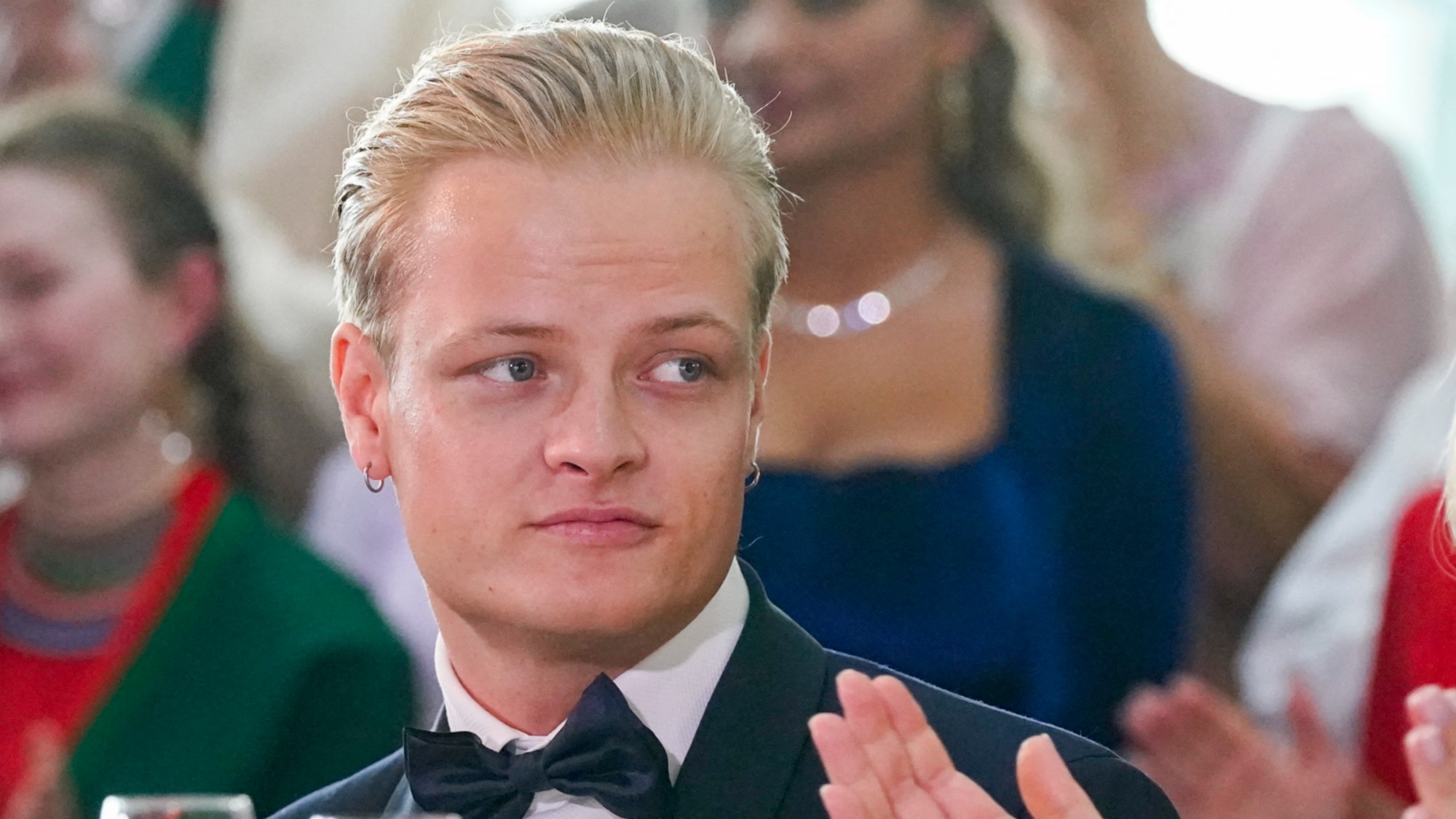 Norway’s scandal-hit royals
Norway’s scandal-hit royalsIn the Spotlight Rape trial of Marius Borg Høiby, son of the crown princess, adds to royal family's ‘already considerable woes’
-
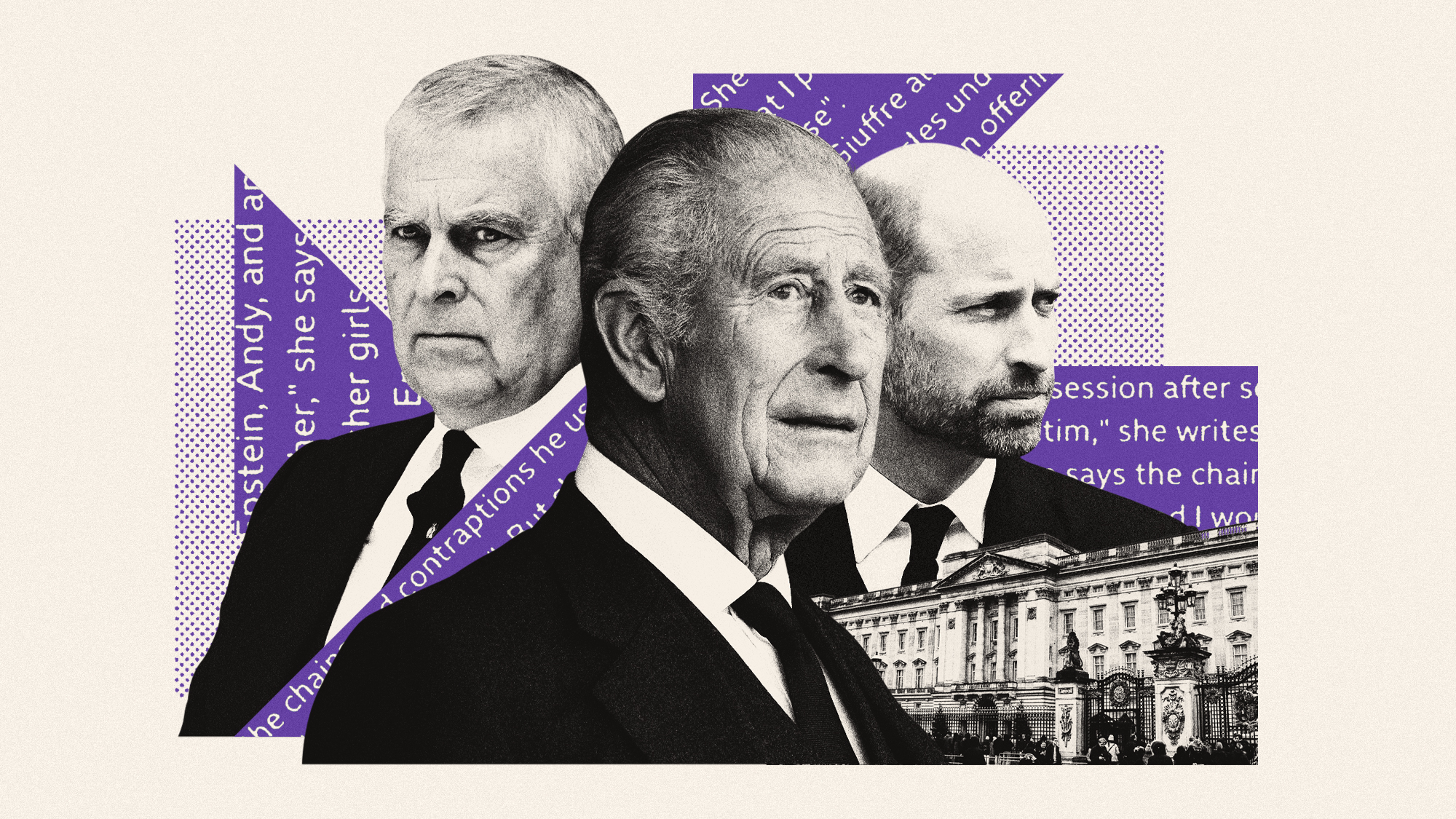 Prince Andrew: is the royal family doing enough?
Prince Andrew: is the royal family doing enough?Today’s Big Question King Charles faces calls for tougher action against Andrew after latest allegations about Virginia Giuffre and Jeffrey Epstein
-
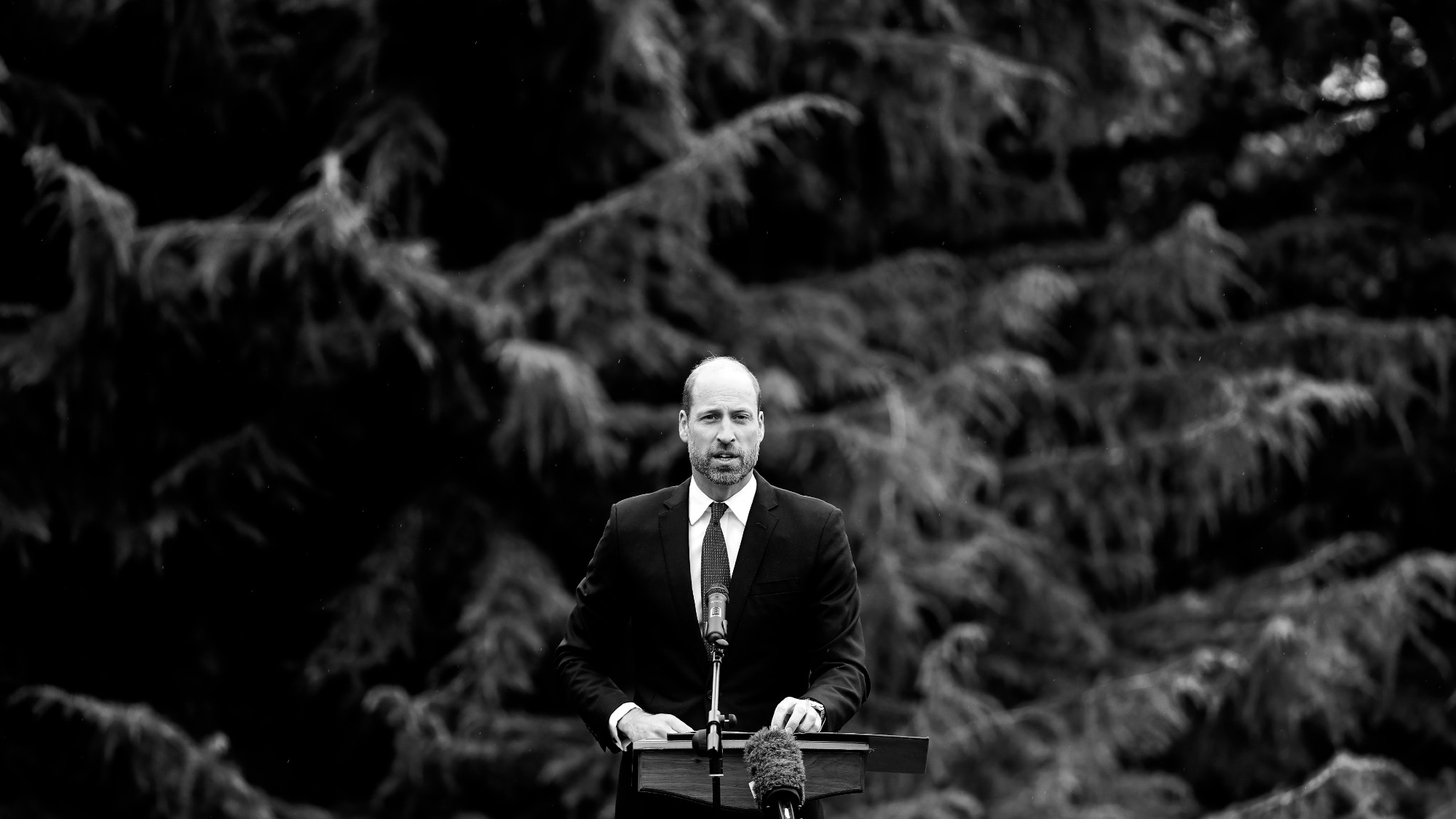 What will William be like as king?
What will William be like as king?Today's Big Question Prince of Wales said he won’t be ‘restricted’ by history when he takes the throne
-
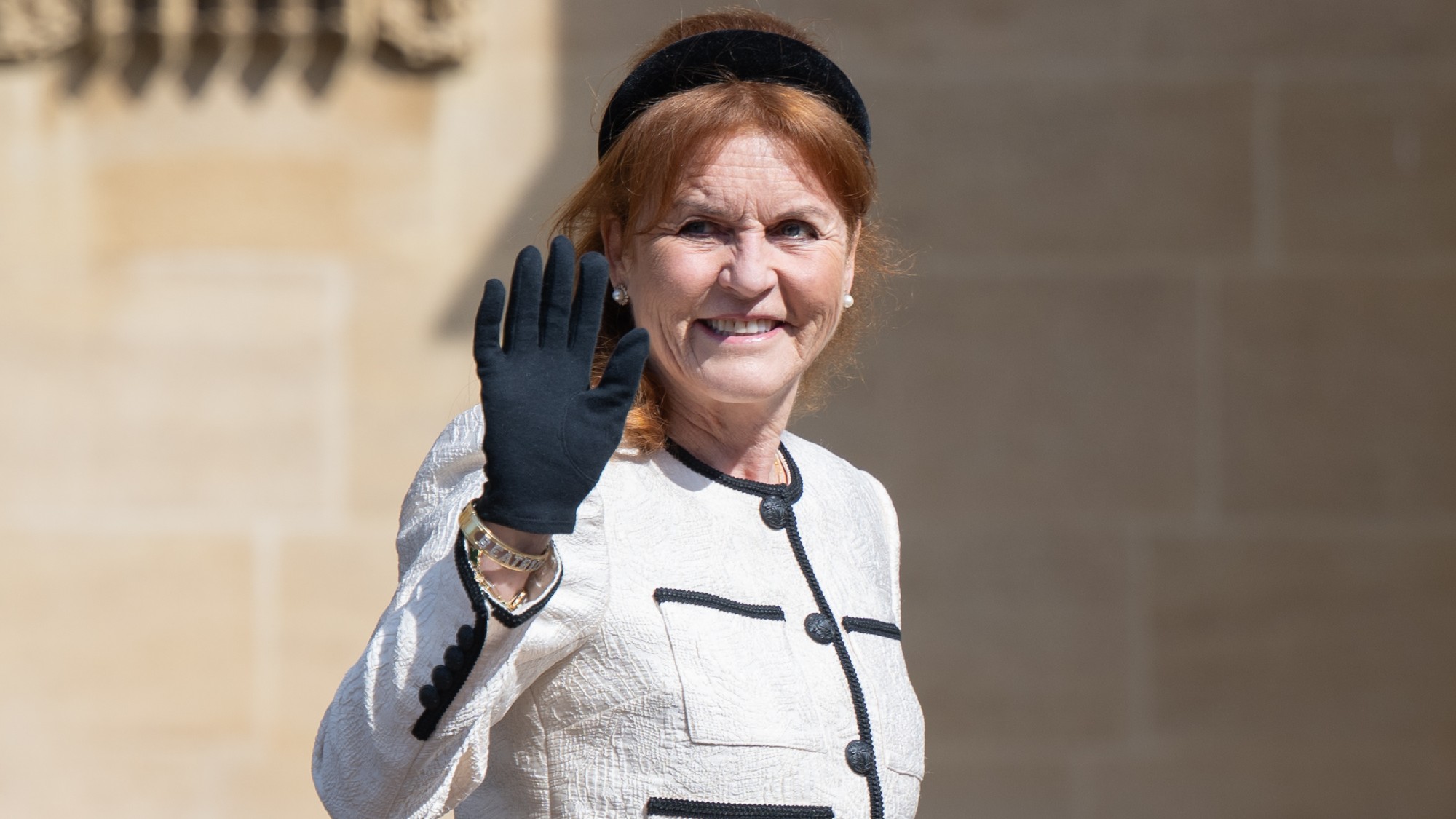 Sarah Ferguson: a reputation in tatters
Sarah Ferguson: a reputation in tattersIn the Spotlight After emails surfaced revealing ties to Jeffrey Epstein, weeks after she claimed to cut contact, her charities are running for the hills
-
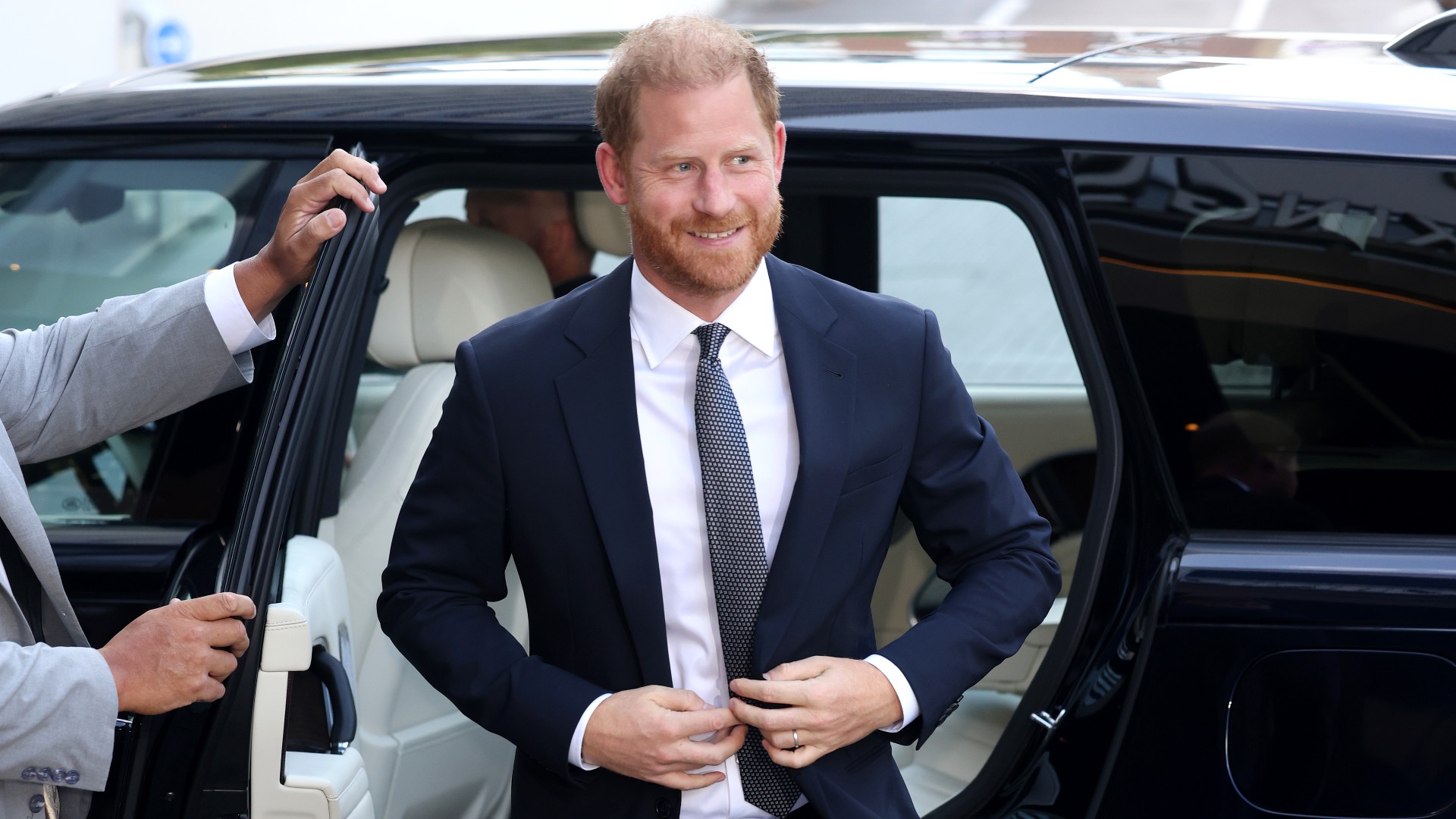 Prince charming: Harry’s tea with King sparks royal reconciliation rumours
Prince charming: Harry’s tea with King sparks royal reconciliation rumoursTalking Point Are the royals – and the UK public – ready to welcome the Duke of Sussex back in?
-
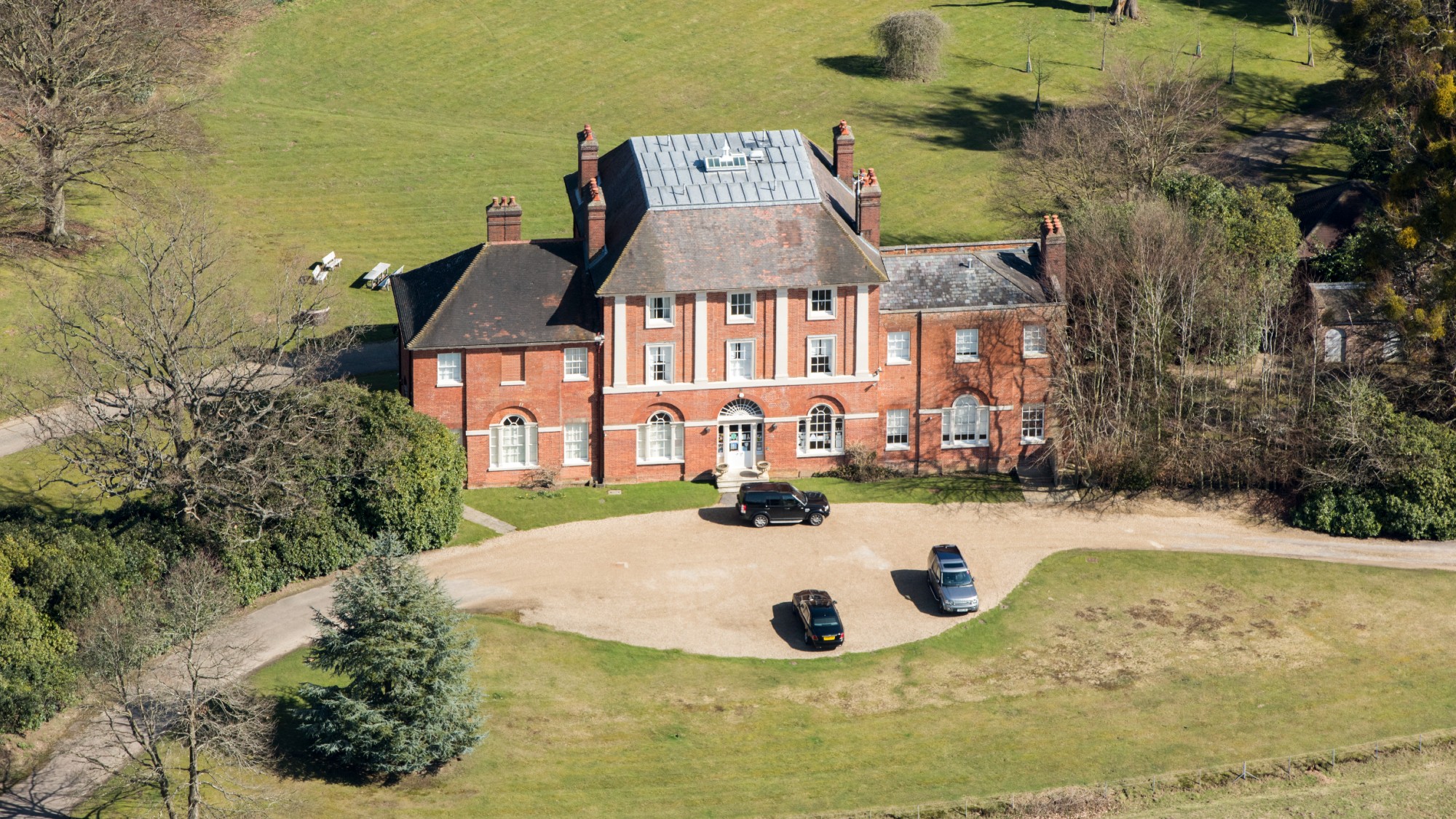 Forest Lodge: William and Kate's new home breaks with royal tradition
Forest Lodge: William and Kate's new home breaks with royal traditionIn the Spotlight Wales' said to hope move to 'forever home' in Windsor Great Park will 'leave unhappy memories behind'
-
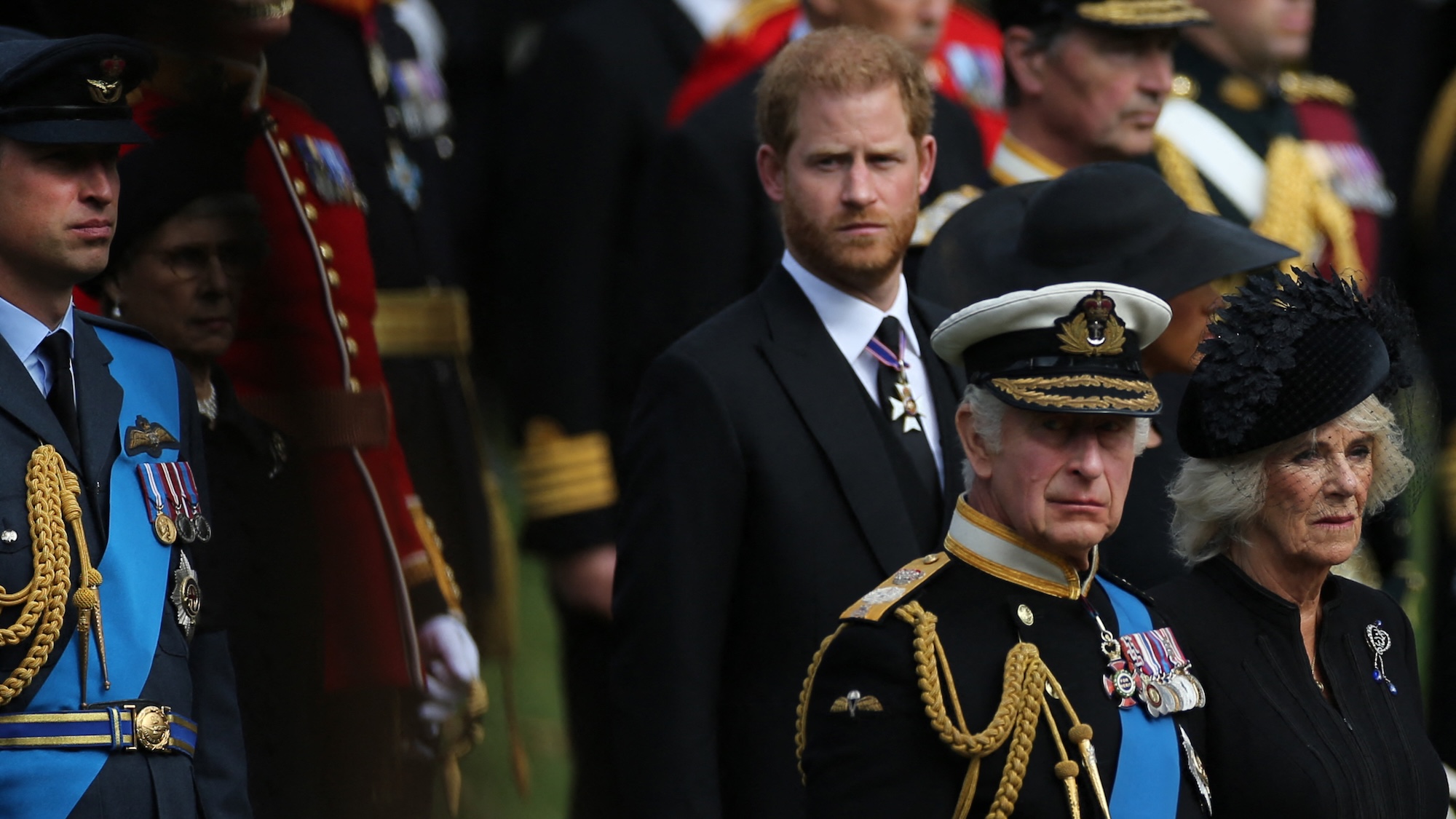 King Charles and Prince Harry: peace in our time?
King Charles and Prince Harry: peace in our time?Talking Point Leaked images of a secret meeting between royal aides suggest a dialogue is beginning to open up